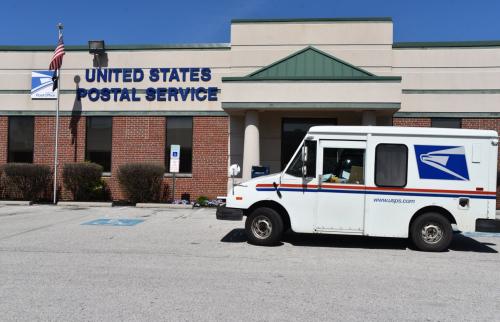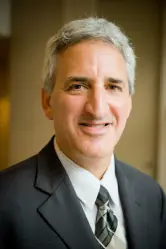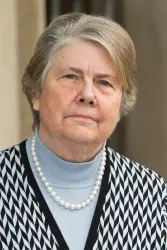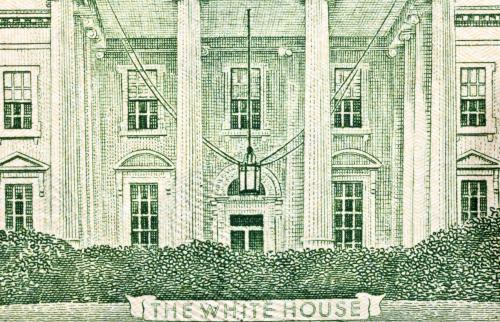

1:30 pm EDT - 4:00 pm EDT
Past Event
1:30 pm - 4:00 pm EDT
1775 Massachusetts Ave., NW
Washington, DC
October 22 marks the 25th anniversary of the signing of the Tax Reform Act of 1986, landmark legislation that brought together members of both political parties to dramatically simplify the tax code. Twenty-five years after that bipartisan success, the Joint Select Committee on Deficit Reduction is considering significant tax reform to help cut at least $1.2 trillion from the federal budget deficit. Many Republicans have vowed to oppose any revenue increases, arguing for using spending cuts alone to reduce the deficit—while Democrats have instead proposed a combination of spending cuts and tax increases, with the latter focused on raising rates for wealthy Americans. With sharp partisan lines being drawn in the budget deficit debate, is there any hope of achieving sound, comprehensive tax reform before the next presidential election?
On October 19, the Urban-Brookings Tax Policy Center hosted a conversation reflecting on the impact of the Tax Reform Act of 1986, and the prospect for passing significant tax reform as part of a “grand bargain” on deficit reduction. In two panel discussions, tax and budget experts examined lessons from the last major tax reform, and discussed opportunities for reform in the current political landscape.
Following each panel, the participants took questions from the audience.





Elena Patel, Aastha Rajan
April 2, 2025

Alan J. Auerbach, William G. Gale
February 25, 2025

Adam Looney, Elena Patel
February 20, 2025